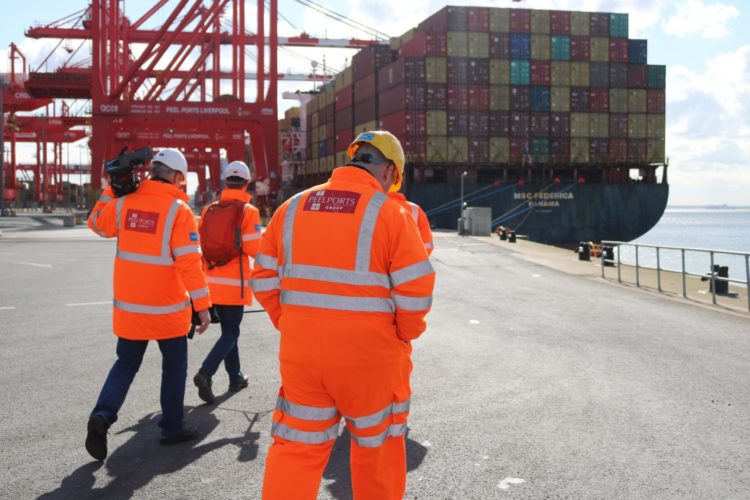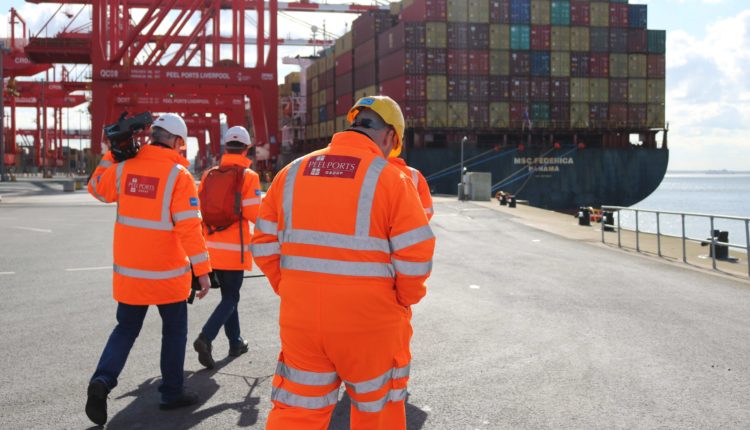Port of Liverpool workers take critical role in keeping UK supplied
Port of Liverpool is working around the clock handling large volumes of medical, food and other key supplies including blood plasma and medicines during the coronavirus crisis. Tony McDonough reports

Workers at the Port of Liverpool are now on the front line of keeping Britain supplied during the coronavirus crisis.
The Port of Liverpool is working around the clock handling large amounts of containerised and un-containerised medical, food and other key supplies including blood plasma and medicines such as inhalers from Ireland.
Blood plasma and inhalers used by the UK are imported through the Port of Liverpool, both of which are essential to support the NHS. In the last few days the Government has designated people employed at the UK’s ports as essential workers, a vital part of the national effort in maintaining supply chains.
Last week, the chief executive of local industry body, Mersey Maritime, Chris Shirling-Rooke, said the Liverpool city region’s £4bn maritime sector was ready for the “unprecedented challenge” in the coming weeks as the country fights the spread of the COVID-19 virus.
Port of Liverpool owner Peel Ports is the the UK’s second largest port group, owning and operating six of the UK’s most important ports – Liverpool, Heysham, Manchester Ship Canal, Medway (Sheerness / Chatham), Clydeport and Great Yarmouth.
It also operates a container terminal in Dublin and owns BG Freight Line, which provides short sea container services between the UK, Ireland and mainland Europe and feeder services between the UK and Ireland.
Last year Peel Ports Group has acquired Quality Freight (UK), which provides chartering and port services from a 40 acre multi modal facility at Ellesmere Port in Cheshire. In all, the company handled 60m tonnes of cargo every years and 13% of the total UK major ports traffic flows through ports operated by the group.
David Huck, group managing director at Peel Ports, which has its headquarters in Liverpool, said: “In these unprecedented times, it’s crucial that supply routes are protected to ensure medical, energy, fuel and the food provisions remain available to all citizens throughout what is likely to be a sustained period of crisis.
“We have a collective responsibility to ensure our Ports remain fully functioning while taking every practicable measure to protect the safety and wellbeing of our dedicated workforce.”

